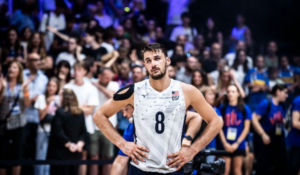Hey there, coaches and athletes!
Let’s talk about something often overlooked. But, it can make a huge difference in your sports journey: Emotional Intelligence (EI). You might be thinking, “Emotional, what now?” But trust me, it’s more than just a buzzword.
So, what exactly is this mysterious EI thing?
It’s all about understanding and managing emotions – yours and those of the people around you. In a sports context, it’s the ability to recognize and control your own emotions and connect with your teammates on a deeper level. In other words, it’s about becoming an emotional ninja in your sports arena. 🥷🏻
Let’s break down what EI looks like in an athlete:
Self-awareness: Athletes with high emotional intelligence know themselves inside out. They can identify their strengths, and weaknesses, and how their emotions affect their performance. They don’t let frustration or anxiety get the better of them. Instead, they use it as fuel to get better.
Self-regulation: These athletes can keep their cool under pressure. They don’t blow up in the heat of the moment or let a bad call ruin their game. They’re like ice in the clutch.
Empathy: High EI athletes understand their teammates’ feelings and can relate to what they’re going through. It creates a sense of camaraderie and trust that’s invaluable in sports.
Effective communication: They’re not just great players, but also great communicators. They can speak clearly and listen to their teammates. This makes teamwork smoother than a well-oiled machine.
Now, let’s talk about how EI looks in a sports team as a whole.
Solid team dynamics: When a team values EI, there’s more cohesion and understanding among teammates. Everyone knows their role, and there’s less drama and more focus on the game.
Resilience: Sports teams face plenty of ups and downs, and high EI teams bounce back faster. They see losses as opportunities for growth, not as the end of the world.
Conflict resolution: Teams with high EI can address conflicts maturely. They don’t let disagreements fester, potentially harming team chemistry.
The team is supportive: Athletes are more comfortable talking about their fears, anxieties, or personal issues in a high EI team. They know they’ll be heard and supported, making it easier to deal with the mental pressures of the game.
How to Boost Your EI:
Now that we’ve covered what EI is, let’s dive into how to increase your emotional intelligence:
- Self-awareness: Start by taking some time for self-reflection. Like journaling your thoughts and feelings regularly. This can help you become more aware of your emotions and how they affect your performance.
- Self-regulation: Practice staying calm under pressure. Breathing exercises, mindfulness, and meditation can help you keep your cool during intense moments in the game.
- Empathy: Put yourself in your teammates’ shoes. Try to understand what they’re going through, both on and off the field. Active listening and genuine conversations can help you build empathy.
- Effective communication: Hone your communication skills. Work on expressing yourself clearly and concisely, and don’t be afraid to ask for feedback from your teammates.
Techniques and Exercises to Learn EI:
- Mood Meter: Use it to track your emotions throughout the day. It’s a simple graph where you place your current mood. Over time, you’ll see patterns and understand your emotional fluctuations better.
- Emotion Charades: Play a game of “emotion charades” with your team. Take turns acting out emotions without using words, and have your teammates guess the emotion. This helps you become more in tune with nonverbal cues.
- Empathy Role-Playing: Practice empathy by role-playing different scenarios. Take on the role of a teammate and express their concerns, feelings, or frustrations. This exercise can help you understand your teammates better.
- Improve your listening skills with active listening: Focus on what your teammates or athletes are saying. Don’t plan your response. Reflect back on what they’ve said to show you’re engaged and to ensure you’ve understood correctly.
So, why is adopting EI more than just an invaluable asset? Well, it can be the difference between a good team and a great one.
When you and your teammates are emotionally aware and in control, it can be a game-changer. Not only does it lead to better performance, but it also fosters a positive and inclusive team culture.
So, whether you’re a coach or an athlete, don’t underestimate the power of emotional intelligence in sports. It’s not just about physical prowess, but also mastering the emotional game. When you achieve it, you’re on the path to sports success that goes way beyond the scoreboard.
If you want to master your Emotional Intelligence in sports and life, try life coaching.
Don’t wait. Take the first step towards unlocking your full potential. It’s time to level up – both on and off the field!













